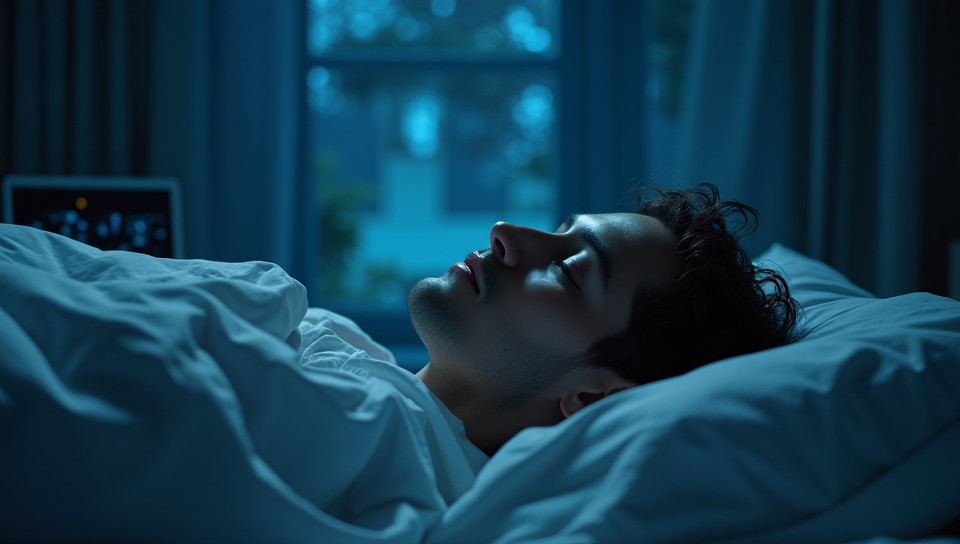Shift workers produce less melatonin 75%

The Dark Side of Shift Work: How Irregular Schedules Affect Melatonin Production
Have you ever wondered why some people struggle to fall asleep or feel groggy during the day, despite getting enough rest at night? It may have nothing to do with their sleep habits, but rather their work schedule. For millions of people around the world, shift work is a harsh reality that can disrupt their bodies' natural rhythms and lead to a host of health problems.
The Science Behind Melatonin Production
Melatonin is a hormone produced by the pineal gland in the brain that regulates our sleep-wake cycles. It's often referred to as the "sleep hormone" because it helps us fall asleep and stay asleep throughout the night. When we're exposed to darkness, our bodies produce melatonin, which signals to our brains that it's time to sleep.
The Impact of Shift Work on Melatonin Production
Research has shown that shift workers tend to produce less melatonin than people who work traditional day shifts. This is because their irregular schedules disrupt the body's natural circadian rhythm, making it harder for them to fall asleep and stay asleep. When we're constantly switching between light and dark environments, our bodies struggle to regulate melatonin production, leading to sleep disorders and other health problems.
- Sleep disorders
- Digestive issues
- Weight gain or loss
- Cardiovascular disease
- Mood disturbances
The Consequences of Shift Work on Melatonin Production
The consequences of shift work on melatonin production can be severe. When we don't produce enough melatonin, we're more likely to experience sleep deprivation, which can lead to a range of health problems. In fact, studies have shown that shift workers are at increased risk for chronic diseases like diabetes, high blood pressure, and heart disease.
Breaking the Cycle
So what can be done to mitigate the effects of shift work on melatonin production? For one, employers can do more to support their employees' sleep health by providing flexible scheduling, dark rooms for rest periods, and access to sleep therapy. Individuals can also take steps to regulate their circadian rhythms by sticking to a consistent sleep schedule, avoiding screens before bed, and getting regular exercise.
Conclusion
Shift work may be necessary for some industries, but it's essential that we acknowledge the risks associated with irregular schedules on melatonin production. By understanding the science behind this phenomenon and taking steps to mitigate its effects, we can reduce the risk of sleep disorders, chronic diseases, and other health problems. It's time to prioritize sleep health and take a stand against the dark side of shift work.
- Created by: Jerren Gan
- Created at: Oct. 13, 2024, 7:22 a.m.
- ID: 12297
